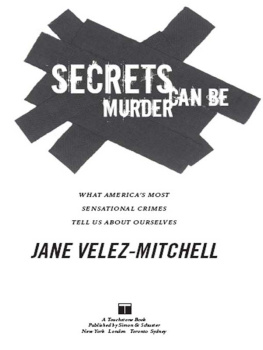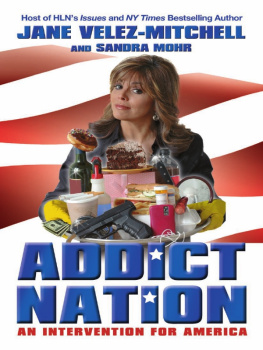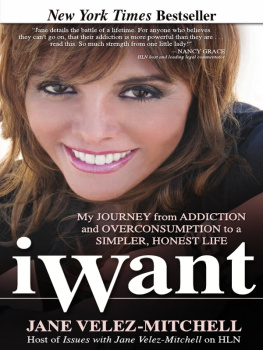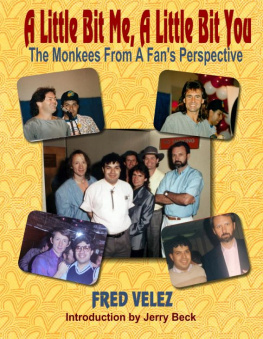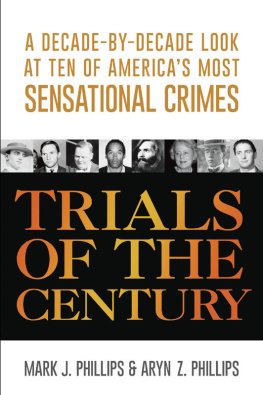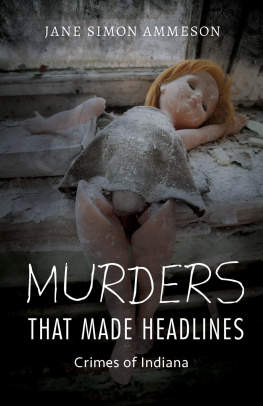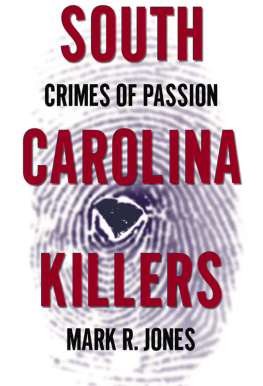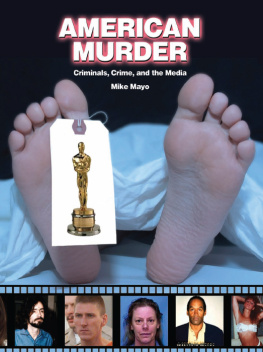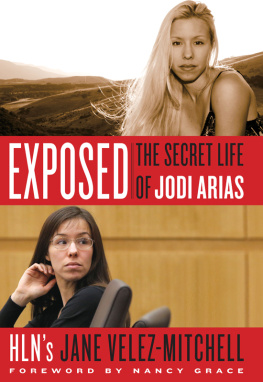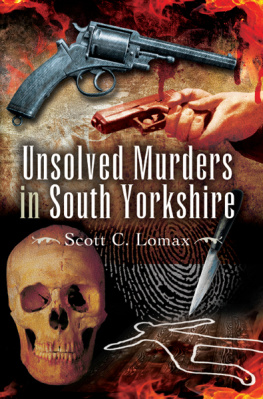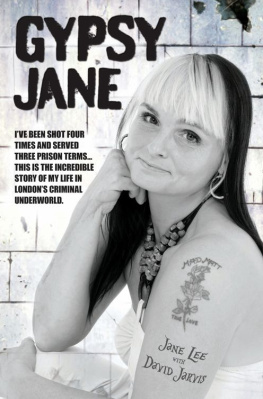Jane Velez-Mitchell - Secrets Can Be Murder: What Americas Most Sensational Crimes Tell Us about Ourselves
Here you can read online Jane Velez-Mitchell - Secrets Can Be Murder: What Americas Most Sensational Crimes Tell Us about Ourselves full text of the book (entire story) in english for free. Download pdf and epub, get meaning, cover and reviews about this ebook. year: 2007, publisher: Touchstone, genre: Detective and thriller. Description of the work, (preface) as well as reviews are available. Best literature library LitArk.com created for fans of good reading and offers a wide selection of genres:
Romance novel
Science fiction
Adventure
Detective
Science
History
Home and family
Prose
Art
Politics
Computer
Non-fiction
Religion
Business
Children
Humor
Choose a favorite category and find really read worthwhile books. Enjoy immersion in the world of imagination, feel the emotions of the characters or learn something new for yourself, make an fascinating discovery.
- Book:Secrets Can Be Murder: What Americas Most Sensational Crimes Tell Us about Ourselves
- Author:
- Publisher:Touchstone
- Genre:
- Year:2007
- Rating:3 / 5
- Favourites:Add to favourites
- Your mark:
Secrets Can Be Murder: What Americas Most Sensational Crimes Tell Us about Ourselves: summary, description and annotation
We offer to read an annotation, description, summary or preface (depends on what the author of the book "Secrets Can Be Murder: What Americas Most Sensational Crimes Tell Us about Ourselves" wrote himself). If you haven't found the necessary information about the book — write in the comments, we will try to find it.
Respected television news journalist Jane Velez-Mitchell asks a probing, disturbing question: Are killers like Scott Peterson and Andrea Yates all that different from the rest of us?
What kind of monster would do this? When journalists break the story of a child whos been kidnapped, a young woman whos been brutally raped, or a family whos been slaughtered, thats the question most of us ask. Secrets Can Be Murder exposes the hidden motivations behind the most sinister acts of recent times, with a behind-closed-doors look at these sensational crimes that will astound you.
After weighing in on high-profile cases for CNN, Fox News, Court TV, and MSNBC, author Jane Velez-Mitchell helps us understand these infamous crimes by unmasking the deceptions that turned toxic, exploding in rage and violence.
People lie every day to protect secrets, big and small. From desperate Hollywood personalities covering up their eccentric lifestyles to Bible Belt mothers who take the lives of their own children, Secrets Can Be Murder probes twenty-one separate cases. Each illustrates how leading a double life can land you in prison, and how failing to spot liars can get you killed.
Secrets Can Be Murder offers the inside story on each horrific case, unlocking the jaw-dropping secrets of the accused and revealing the common, innocent mistakes of the victims. After all, many of us have gone out alone late at night like Imette St. Guillen, or partied while on vacation like George Smith and Natalee Holloway.
From Dan Horowitz, the high-profile lawyer whose wife was brutally murdered by a teenage neighbor while Horowitz was defending a housewife accused of murder, to Neil Entwistle, the British husband who ran out of funds for an extravagant American lifestyle, Velez-Mitchell shows how each of these crimes has its own secrets to spill.
Many of us possess the same trusting nature as victims and carry around the same secrets as criminals -- whether its debt, infidelity, or fetishes. With fascinating new insights from investigators and psychologists plus the friends and family of both the victims and the perpetrators, Secrets Can Be Murder illustrates just how little separates our so-called normal lives from that of a sociopath -- and how you can stay out of harms way.
Jane Velez-Mitchell: author's other books
Who wrote Secrets Can Be Murder: What Americas Most Sensational Crimes Tell Us about Ourselves? Find out the surname, the name of the author of the book and a list of all author's works by series.

